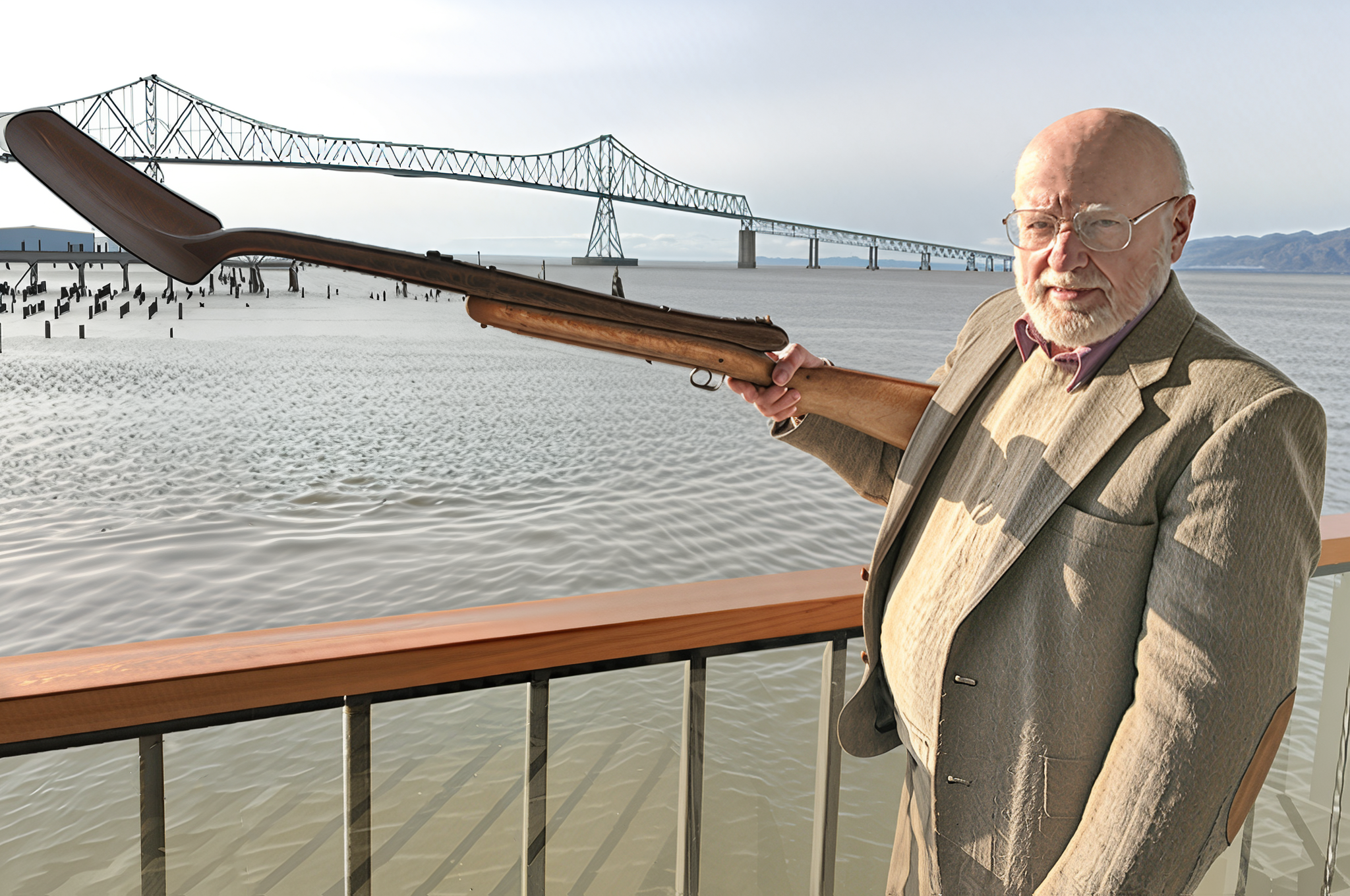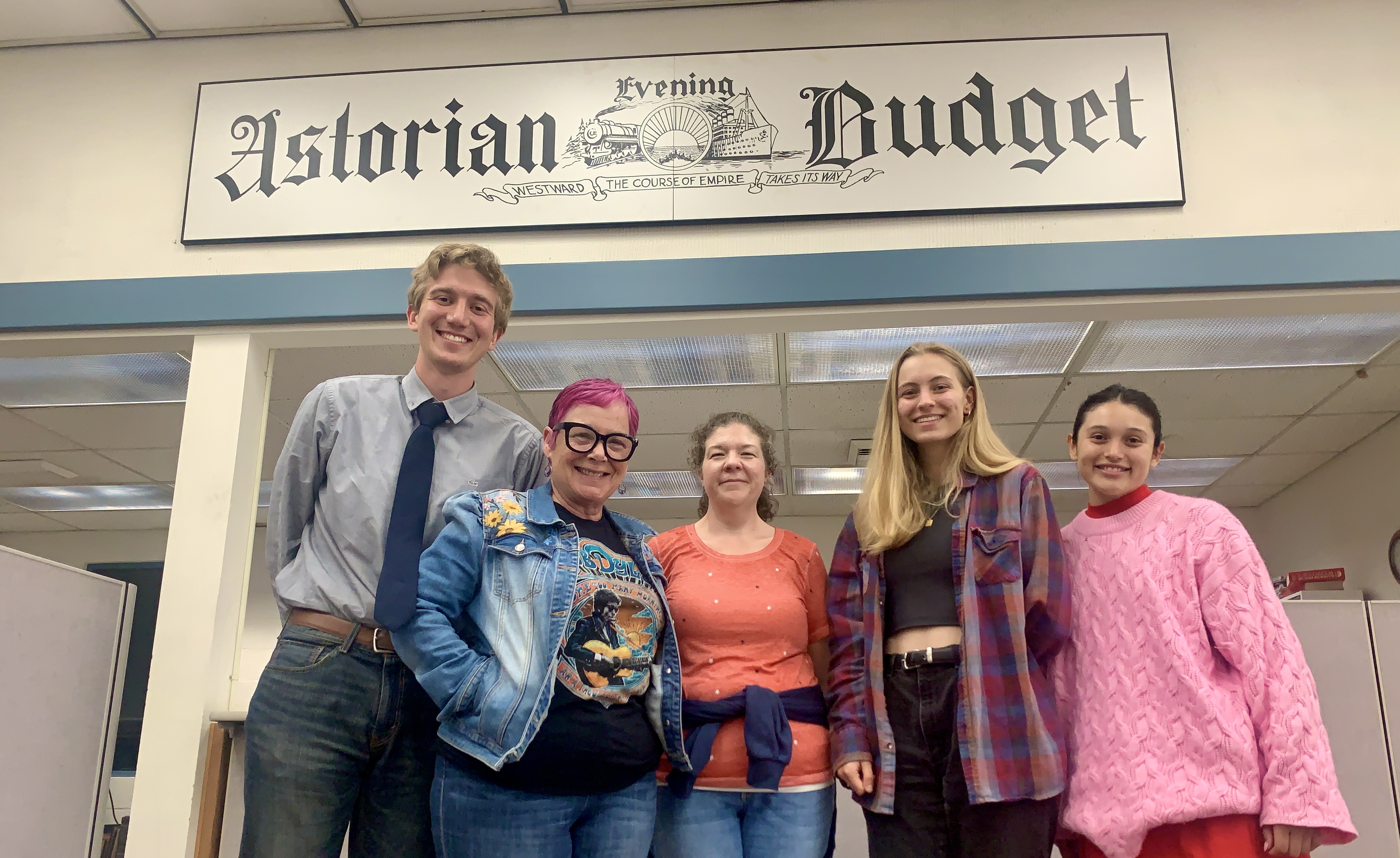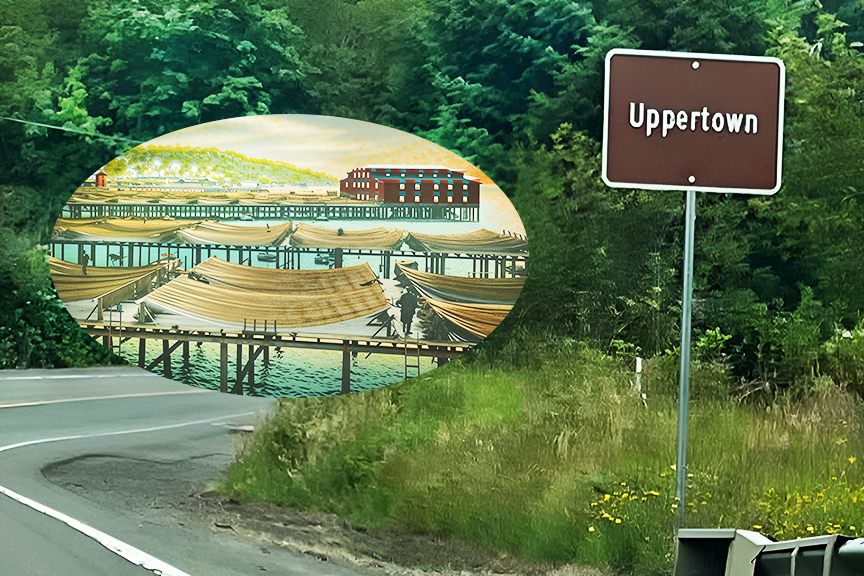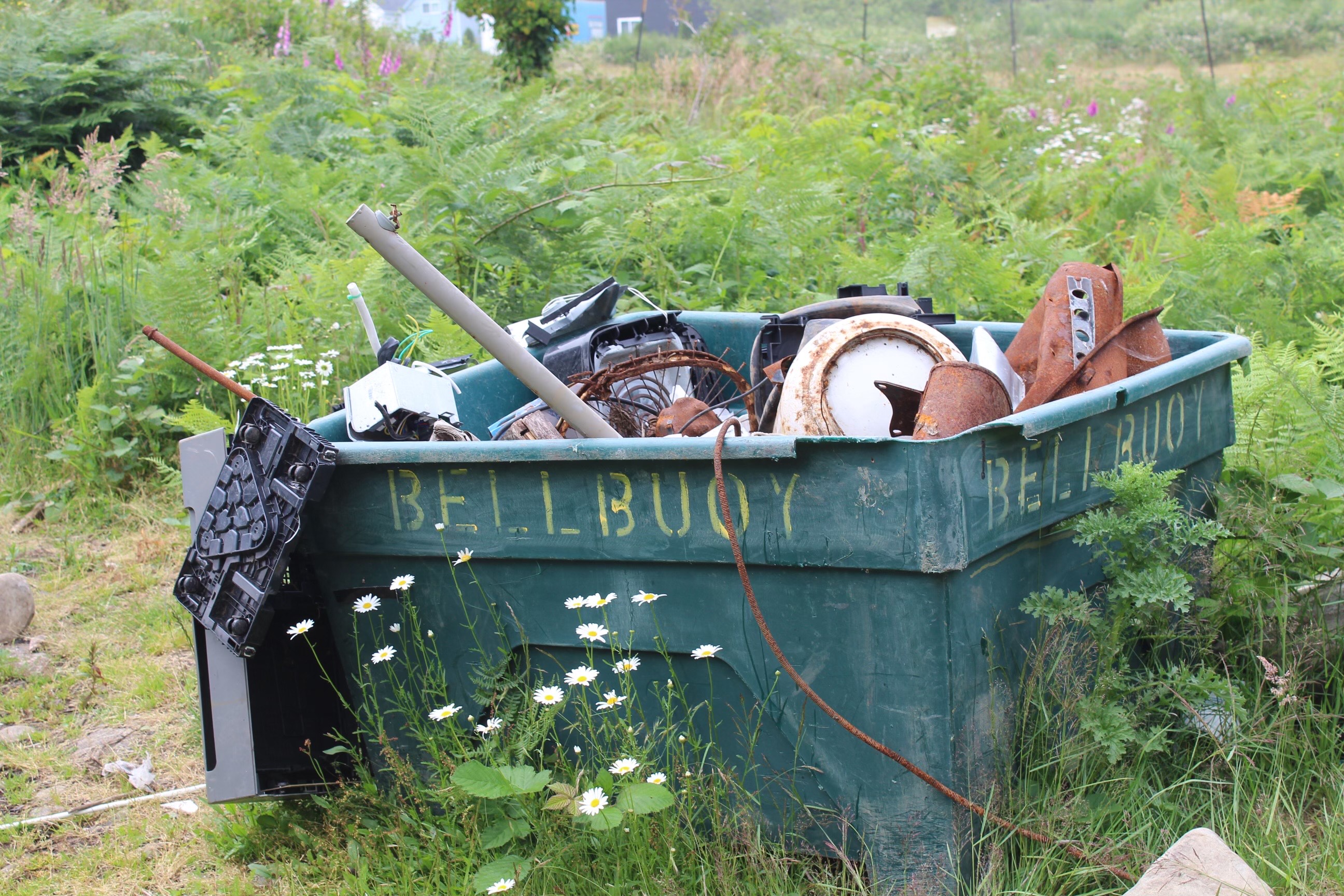the student, the fish, and Agassiz
Published 4:00 pm Wednesday, January 5, 2011
What’s in a name? Shakespeare was right in that a name doesnt mean anything in particular and certainly doesnt convey the experience of a scent to the hearer, but how many of us are aware of how tight a box our language and conventional thinking builds around reality?
Mention the word elk to a hunter or dog to a pet owner and a flood of memories and feelings will come surging to the front of their minds. That pastiche of thoughts defines a convenient abstraction that is at least as alienating as it is useful.
In an essay he wrote in 1862, Samuel Scudder, an American etymologist studying under Louis Agassiz at Harvard University, famously recounted spending three days with a single fish. In his first ten minutes of observation, he thought he had seen everything of importance about that fish, but at the end of three days of continuous examination, he realized that he had merely scratched the surface of what that individual creature was all about.
Working at the Wildlife Center of the North Coast has helped me understand the limitations of conventional thinking when it comes to the natural world.
Cormorant.What does that word mean to you? If you’ve ever wandered around Haystack Rock, you might visualize the glossy, black birds nesting there in the summer amidst heaps of detritus and guano. When I first moved to Cannon Beach, I had to learn the names for at least some of the local fauna in order to speak of what I was seeing to others. Then I spent time volunteering with the Haystack Rock Awareness Program, and thanks to the volunteer training and director Lisa Sheffield, I learned a lot more about those birds, including the fact that they are called pelagic cormorants. Later, I discovered Brandt’s cormorants and double-crested cormorants who nest elsewhere on the North Coast. I could recite data from Sibley’s and thanks to images saved away in my memory from HRAP binoculars and spotting scopes, I thought I knew most of what was worth knowing about these birds. Then I started volunteering at the WCNC.
Besides the relatively dainty pelagic cormorants, I handled and cared for the large, tough double-crested cormorants and the tweener Brandt’s. I experienced them in healthy, sick and fully dead states. I came to know how each of the birds responded to the offer of a tub full of herring or the individually proffered capelin. I discovered which of the birds was likely to beak me and which would tolerate a push away from the spoiled fish in the garbage pail. I experienced the feeling of being closely watched by our education cormorant for long minutes as I did plumbing repairs in an outdoor cage. I came to know what their excrement normally looks like and what the differing colors and viscosity of feces emitted by sick birds signify. I felt the shocking heat of their bodies and looked into their striking blue and green eyes.
I can tell you a lot more about them than when I couldn’t even give them a name, but it is quite clear to me that I really don’t know much about them at all.
Language is a double-edged sword. It allows us to communicate without understanding and I’ve come to think that we must at all times have this limitation in mind. The real-seeming abstractions comfortably served up to us ready-made by our minds insulate us from glimpsing the incredible complexity and beauty of our natural world. By experiencing wildlife and nature directly, we’ll certainly have a more filled-in version of the reality of these creatures, but I think the more important result is the realization of the limits of our perception.
My hope is that all of us, like Sam Scudder, will discard our notion of knowing and come to be still and open to the infinite.
This is a column about local Cannon Beach wildlife and the Wildlife Center of the North Coast, P.O. Box 1232, Astoria, OR 97302. The WCNC is a non-profit, licensed rehab facility located on Ore 202, just outside of Olney. WCNC can always use monetary or volunteer help. Please call Sharnelle Fee, the WCNC director at (503) 338-0331 if you would like to assist in some way. More information can be found at www.coastwildlife.org.
© 2011 Mark Albrecht









